Are you a tenant in Florida looking to understand your rights and responsibilities?
Explore the basic rights of tenants in Florida, including the right to a habitable property, privacy, and protection from discrimination.
Discuss the responsibilities of landlords, such as maintaining a safe and sanitary property and following proper eviction procedures.
Address common issues faced by tenants in Florida, such as unlawful eviction and failure to make repairs.
Learn more about Florida’s tenant rights laws.
Key Takeaways:
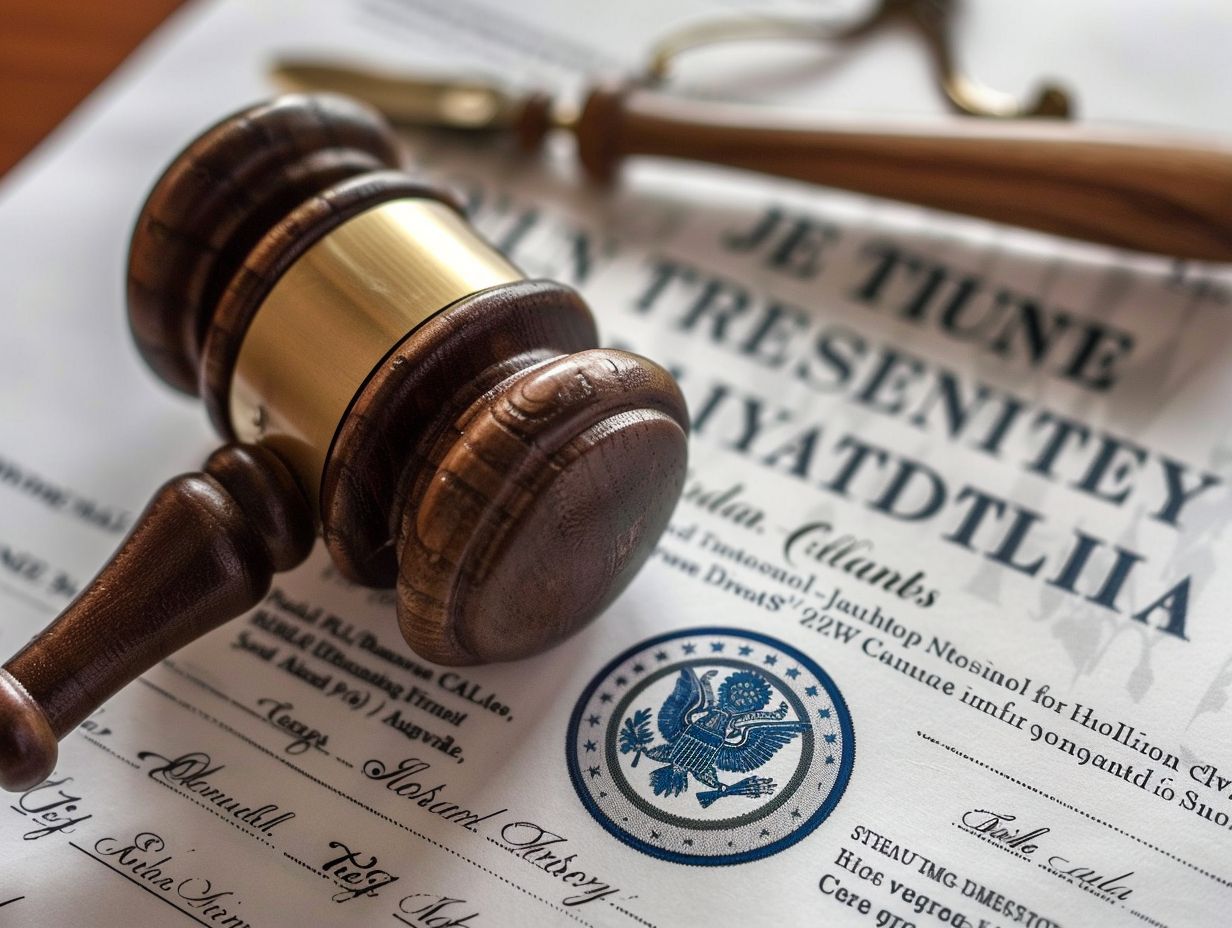
- Tenants in Florida have the right to a livable and safe property, privacy, and protection from discrimination.
- Landlords in Florida must maintain a safe and sanitary property, provide essential services, and follow proper procedures for evictions and security deposit returns.
- Common issues faced by tenants in Florida include unlawful eviction, failure to make repairs, discrimination, and retaliation by landlords.
What Are the Basic Rights of Tenants in Florida?
Tenants in Florida are provided with a set of basic rights under the Florida Landlord Tenant Act, Part II, Chapter 83. This legislation lays out the landlord-tenant relationship, specifying the rights and responsibilities that tenants must understand to ensure they receive fair and just treatment throughout their lease agreements.
1. Right to a Habitable Property
According to Florida statutes, tenants are entitled to a property that meets local housing, building, and health codes. This entails that rental properties must meet certain standards specified in housing and building codes, including the provision of proper heating, plumbing, and electrical systems.
The property should also be structurally sound and free from any hazards that may pose a risk to the health or safety of residents. These requirements are typically enforced through lease agreements, which often outline the landlord’s responsibility to ensure the property remains habitable throughout the lease term. Non-compliance with these regulations can lead to legal repercussions for landlords.
2. Right to Privacy
Tenants in Florida have the right to privacy, meaning landlords must adhere to notice of entry laws outlined in Florida statutes before accessing the rental unit. These notice requirements are vital for protecting the privacy and security of tenants, ensuring landlords cannot enter the property without proper notification.
According to Florida law, landlords must give reasonable notice, usually 12-24 hours, before entering the rental unit for non-emergency reasons. This notification allows tenants to prepare for the visit, make necessary arrangements, and feel secure in their living space.
Unauthorised by a landlord can result in serious consequences, such as violating the tenant’s right to privacy, breaching the lease agreement, and potentially leading to legal disputes between the involved parties.
3. Right to Be Free from Discrimination
The Federal Fair Housing Act and Florida statutes ensure that individuals have the right to be free from discrimination based on race, color, religion, sex, national origin, familial status, or disability.
These protections cover various aspects of housing, including rental, sales, financing, and advertising. Discriminatory practices may include denying housing, establishing different terms or conditions, or providing false information about housing availability.
To address violations, individuals can file complaints with the Department of Housing and Urban Development (HUD) or pursue legal action through the court system. Housing providers are required to adhere to fair housing laws and regulations to promote inclusive and equitable housing environments for all individuals.
4. Right to Security Deposit Protection
Tenants are entitled to security deposit protection in Florida, as outlined in state statutes. These guidelines specify how security deposits should be managed, refunded, and disputed.
When a tenant in Florida submits a security deposit, the landlord must keep it in a separate interest-bearing account within the state. This account should be distinct from the landlord’s personal funds.
Upon the lease’s conclusion, landlords must refund the security deposit in full, along with any accrued interest, within 15 days. Alternatively, they can provide a written statement detailing any deductions made. Tenants retain the right to challenge deductions they consider unwarranted by following the appropriate legal procedures described in the statutes.
5. Right to Proper Notice for Eviction
Tenants are typically required to receive proper notice for eviction, which may consist of a Three-Day Notice for non-payment of rent or a Five-Day Summons for other lease agreement violations, as outlined by Florida statutes.
After the notice period has passed without a resolution, the landlord can initiate an eviction lawsuit by filing with the court. The tenant will then be served with an official eviction summons, mandating a response within a designated timeframe.
Throughout this legal procedure, tenants retain the right to challenge the eviction by presenting any defenses they possess, such as evidence of payment or disputing the landlord’s allegations. Both parties must strictly adhere to the legal protocols to ensure a just and lawful eviction process.
What Are the Responsibilities of Landlords in Florida?
Landlords in Florida are obligated to fulfill various important responsibilities as outlined by landlord-tenant laws. These responsibilities include:
- Maintaining a safe and sanitary property
- Providing essential services
- Following proper eviction procedures
- Managing security deposits in compliance with lease agreements and state regulations
1. Maintaining a Safe and Sanitary Property
Landlords are mandated to uphold a safe and hygienic property that adheres to all housing and building codes outlined in Florida statutes. This includes conducting routine property inspections to verify the proper functioning of essential systems like plumbing, heating, and electrical. Landlords are expected to promptly attend to any needed repairs or maintenance to meet these standards.
Neglecting these duties can lead to significant repercussions, such as fines, legal disputes with tenants, or the possible revocation of rental licenses. Fulfilling maintenance obligations safeguards not only the property’s value but also the safety and welfare of tenants.
2. Providing Essential Services
The provision of crucial services like water, electricity, heating, and air conditioning is a fundamental responsibility for landlords, ensuring the comfort and safety of tenants as specified in the lease agreement.
These services are not only vital for maintaining a livable living space but are also legally required in many areas. Landlords are generally expected to adhere to specific standards in delivering these services.
For example, water must be available at an appropriate temperature and pressure, electricity needs to meet safety codes, and heating and air conditioning systems should be operational during the relevant seasons.
In cases of service failures or disruptions, tenants have rights and legal options to address these matters through various channels, such as contacting the landlord directly, filing formal complaints with local housing authorities, or seeking legal counsel.
3. Following Proper Eviction Procedures
Landlords are required to follow proper eviction procedures, which involve giving sufficient notice and adhering to the legal process for lease termination and eviction according to the guidelines outlined in the Three Day Notice or Five-Day Summons.
After the initial notice period elapses without resolution, the landlord can proceed with filing an eviction lawsuit in the appropriate court. This entails submitting the necessary paperwork, such as a complaint and summons, to formally initiate the legal eviction process.
The tenant will then be served with the eviction lawsuit, and a court date will be set. It is essential for landlords to ensure all documentation is accurate and to participate in the court proceedings as necessary to present their case for eviction.
4. Returning Security Deposits
It is essential for landlords to return security deposits promptly, adhering to Florida statutes and the terms specified in the lease agreement to prevent conflicts.
According to Florida law, landlords are required to refund a tenant’s security deposit within 15 to 60 days after the lease ends, depending on the situation. Landlords are permitted to retain funds for outstanding rent, damages that exceed normal wear and tear, or cleaning costs.
The typical procedure involves conducting a comprehensive property inspection, noting any deductions, and furnishing the tenant with a detailed breakdown of charges.
To prevent conflicts, landlords should maintain meticulous records, communicate clearly with tenants, and be ready to promptly and transparently address any disputes.
What Are Common Issues Faced by Tenants in Florida?
Residents in Florida frequently encounter typical problems like illegal eviction, landlords neglecting essential repairs, discrimination, and retaliation. These issues can have a substantial impact on their living conditions and rights.
1. Unlawful Eviction
Unlawful eviction takes place when landlords fail to adhere to the eviction process as specified in Florida statutes, prompting tenants to pursue legal recourse.
This can take various forms, such as changing locks without notice, disconnecting utilities, or employing intimidating tactics to compel tenants to vacate. In Florida, landlords must serve a written eviction notice, followed by a court order if the tenant does not vacate voluntarily.
If a landlord does not meet these legal obligations, tenants have rights and can contest the eviction in court. It is essential for tenants to document each interaction and maintain records to substantiate their case in the event that legal action becomes necessary.
2. Failure to Make Repairs
Failure to address necessary repairs is a common issue faced by tenants, where landlords fail to fulfill their maintenance responsibilities, which can lead to potential health and safety risks.
When tenants encounter maintenance problems in their rented properties, it is important to follow the appropriate procedure for requesting repairs. Tenants should inform the landlord or property management company in writing about any needed repairs, providing a detailed description of the issue and, if possible, photographic evidence.
Landlords are typically required by law to respond to these repair requests promptly, ensuring that the rental unit remains safe and suitable for living. If a landlord does not carry out the required repairs within a reasonable timeframe, tenants have legal rights and options available to them.
3. Discrimination
Discrimination based on race, color, religion, sex, national origin, familial status, or disability is prohibited under the Federal Fair Housing Act and Florida statutes, protecting tenants from unfair treatment.
Tenants may face various types of discriminatory practices, such as being denied housing, charged higher rent, or given unfavorable lease terms based on their protected characteristics. To safeguard tenants’ rights, there are legal protections in place.
These include the right to file complaints with the U.S. Department of Housing and Urban Development (HUD) or the Florida Commission on Human Relations, which investigate and take action against discriminatory practices. Tenants can also seek legal assistance from fair housing organizations to report and combat discrimination effectively.
4. Retaliation
Retaliation is defined as adverse actions taken by a landlord against a tenant for exercising their legal rights, which is explicitly forbidden under Florida statutes and retaliation laws.
These retaliatory actions can take various forms, such as unjustified rent increases, abrupt eviction notices, frequent or unnecessary inspections, or neglecting essential repairs and maintenance. To protect tenants from retaliation, Florida laws provide legal safeguards that prevent landlords from retaliating against tenants who exercise their rights, such as reporting health or safety code violations, joining a tenant’s union, or requesting repairs.
If tenants suspect they are experiencing retaliation, it is advisable to document the incidents, inform the landlord in writing, seek legal advice, and report the behavior to the appropriate local authorities or tenant advocacy organizations.
Frequently Asked Questions
What are Florida’s tenant rights laws?
Florida’s tenant rights laws are a set of rules and regulations that protect the rights of individuals who are renting or leasing a property. These laws outline the responsibilities of both landlords and tenants and provide guidelines for resolving disputes.
What are the basic tenant rights in Florida?
Some basic tenant rights in Florida include the right to a habitable living space, the right to privacy, the right to be free from discrimination, and the right to a return of the security deposit. Tenants also have the right to receive notice before any changes to the terms of the lease.
Can a landlord enter my rented property without my permission in Florida?
No, a landlord in Florida cannot enter a rented property without the tenant’s permission unless there is an emergency or the tenant has given written consent. Landlords must also provide reasonable notice before entering the property for non-emergency reasons.
What is the process for evicting a tenant in Florida?
In Florida, landlords must provide tenants with a written notice to vacate the property before beginning the eviction process. If the tenant does not comply, the landlord can file an eviction lawsuit. The court will then hold a hearing to determine if the eviction is necessary.
Can a landlord raise the rent at any time in Florida?
In Florida, landlords cannot raise the rent during the lease term unless specified in the lease agreement or if the tenant agrees to the increase. Once the lease term is over, landlords can raise the rent with proper notice to the tenant.
What can I do if my landlord violates my tenant rights in Florida?
If your landlord violates your tenant rights in Florida, you can take legal action by filing a complaint with the Florida Division of Consumer Services, seeking assistance from legal aid organizations, or filing a lawsuit. It is important to document any violations and gather evidence to support your case.

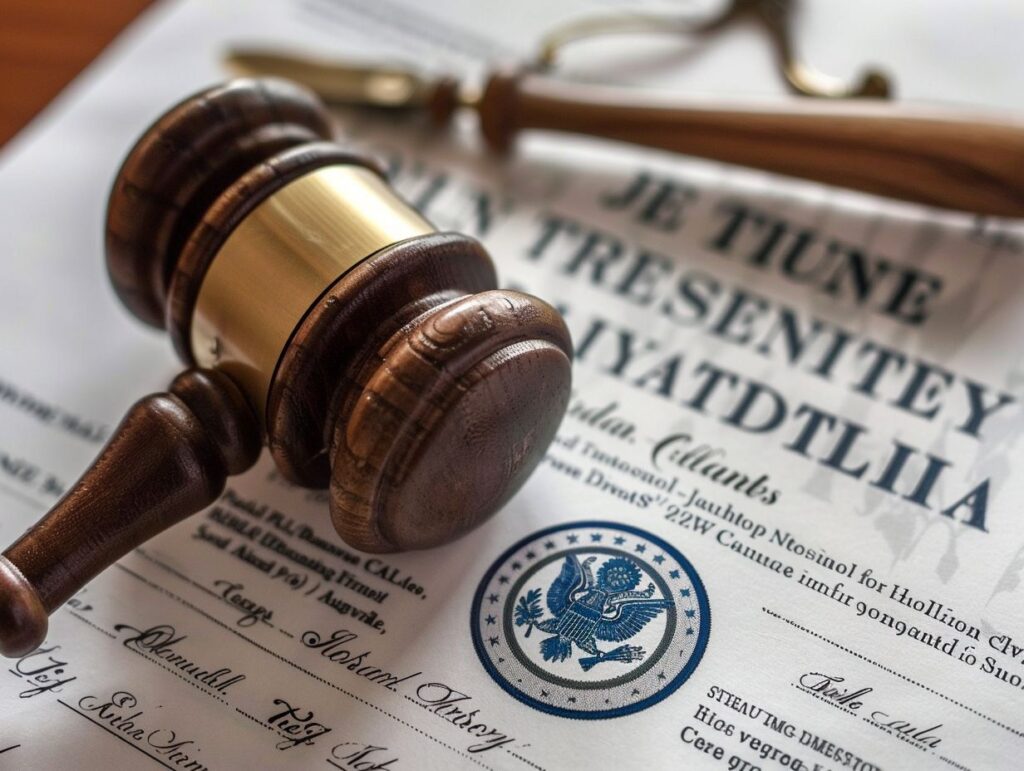
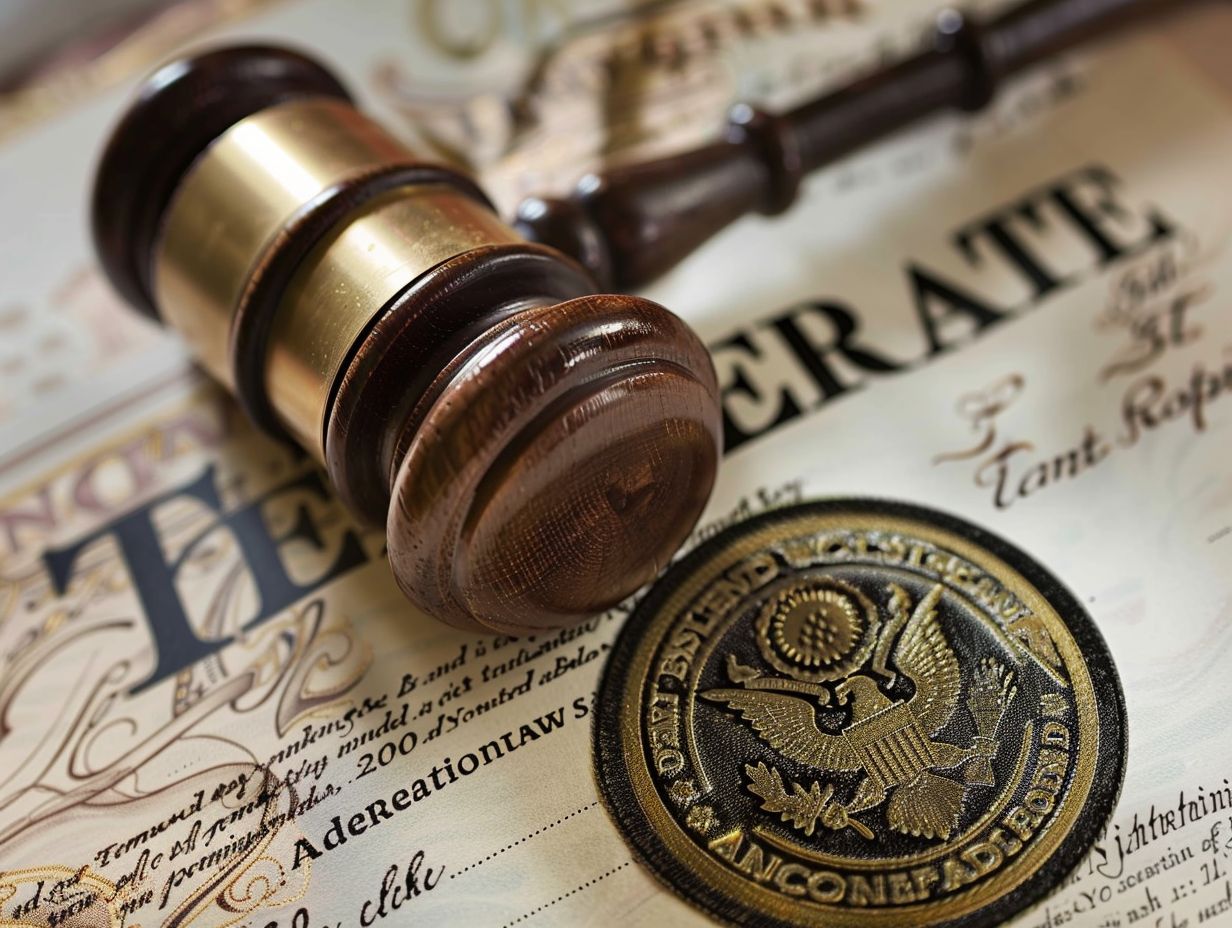
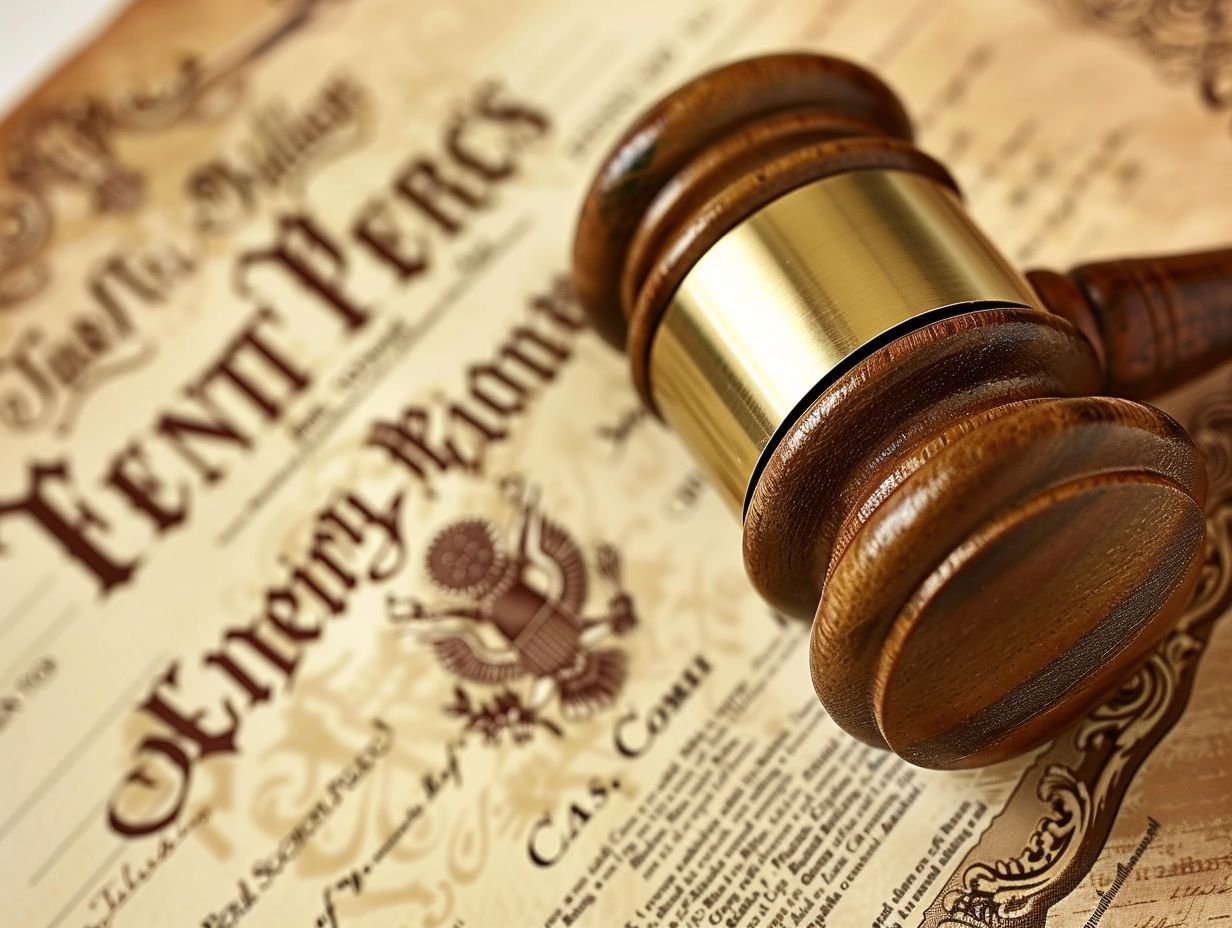
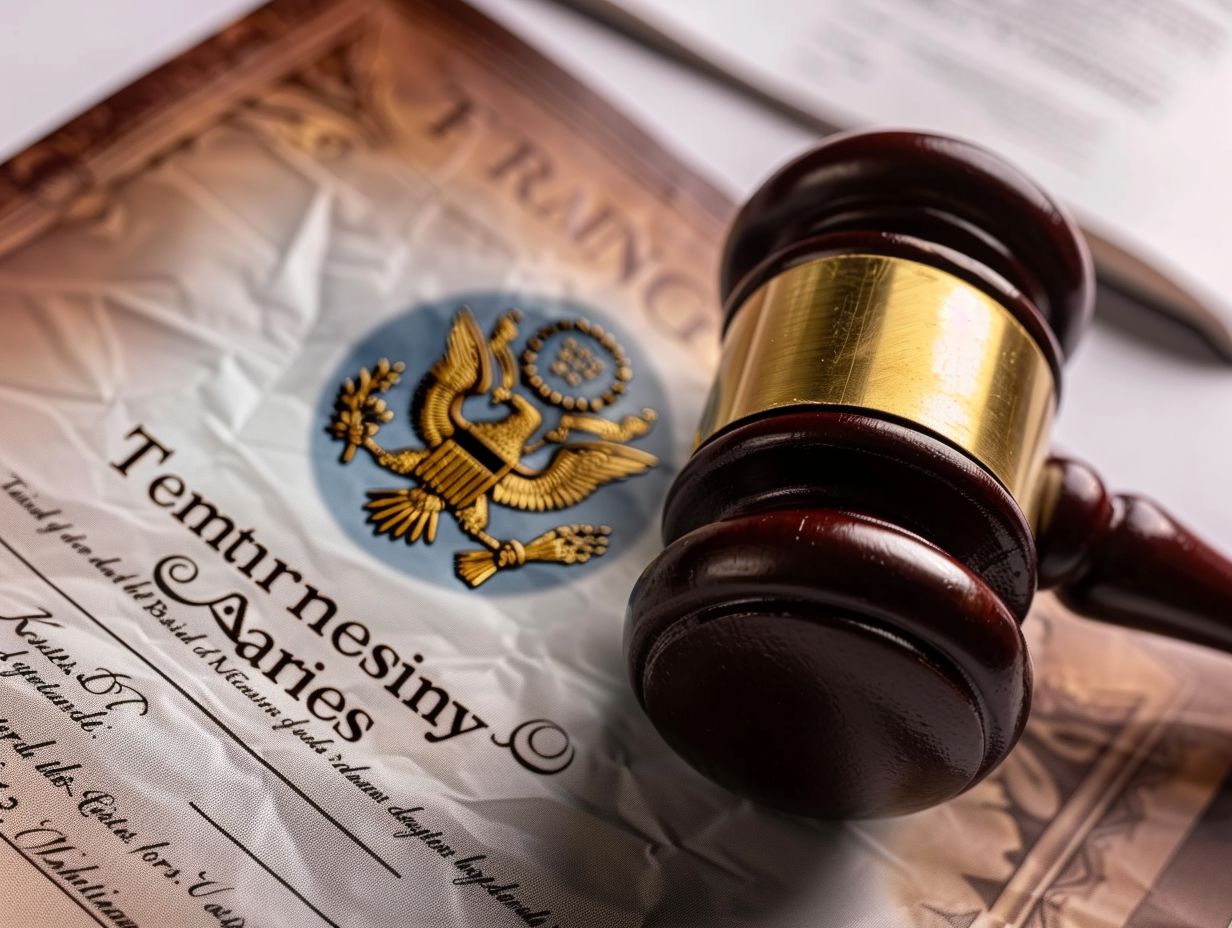













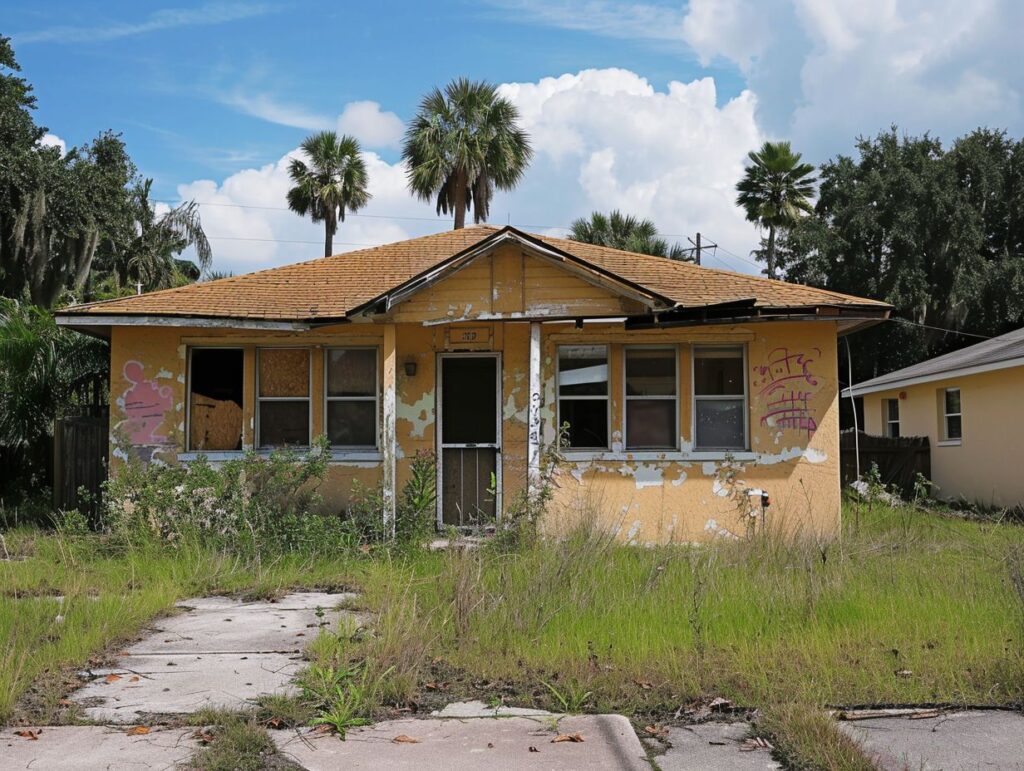







Rate this article:
Average rating 5 / 5. Vote count: 1
No votes so far! Be the first to rate this post.
No Comments yet!